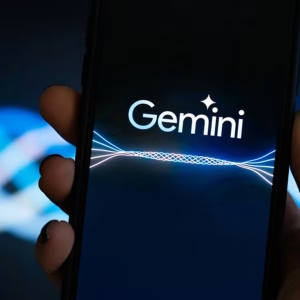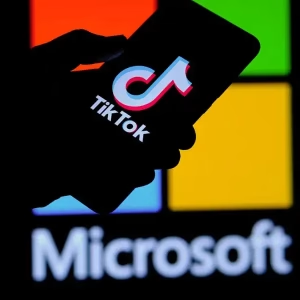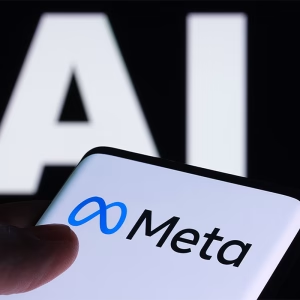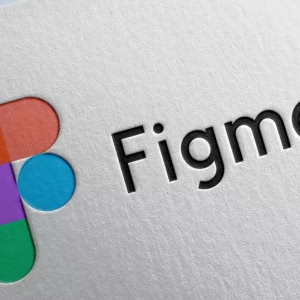On Monday, OpenAI introduced its latest flagship artificial intelligence model, named GPT-4o, alongside significant updates. These enhancements include a new desktop service and improvements to its voice assistant features.
Chief technology officer, Mira Murati, appeared on stage to a cheering crowd in the OpenAI offices, touting the new model as a step forward in AI. The new model will bring the faster, more accurate GPT-4 AI model to free users, where it was previously reserved for paid customers.
“We’re looking at the future of interaction between ourselves and the machines,” Murati said. “We think GPT-4o is really shifting that paradigm.”
Among the updates that OpenAI revealed on Monday were improved quality and speed of ChatGPT’s international language capabilities, as well as an ability to upload images, audio and text documents for the model to analyze. The company said it would be rolling out features gradually to ensure they were used safely.
The event also included a live demonstration of the model’s new voice capabilities, with two OpenAI research leads talking with an AI voice model. The voice assistant generated a bedtime story about love and robots, with researchers telling it to speak with a variety of different emotional and vocal inflections. Another demonstration used a phone’s camera function to show the AI model a math equation and then had ChatGPT’s voice mode walk them through how to solve it.
At one point in the demonstration, a researcher asked the AI model to read the expression of their face and judge their emotions. ChatGPT’s voice assistant assessed that he looked “happy and cheerful with a big smile and maybe even a touch of excitement”.
“Whatever’s going on, it seems like you’re in a great mood,” ChatGPT said in a peppy, female voice. “Care to share the source of those good vibes?”
The announcement was rumored last week to be OpenAI launching a search product that would compete with Google, but Reuters reported that the company has delayed revealing that project. CEO Sam Altman denied that Monday’s announcement was a search engine following the reports, but tweeted on Friday that “we’ve been hard at work on some new stuff we think people will love! feels like magic to me”.
Apart from small glitches or inadvertent responses, most of the demonstration went smoothly and features worked as they were intended. Although Murati stated that OpenAI is taking measures to prevent its new voice capabilities from being misused, the event provided little detail on how the company would address safeguards around facial recognition and audio generation.
OpenAI is reportedly also close to finalizing a deal to incorporate its generative AI features into Apple’s iPhone operating system, according to Bloomberg. Apple has been attempting to pivot resources towards AI as it lacks a publicly available generative AI product along the lines of competitors like Google’s flagship Gemini model. Its voice mode appeared to potentially offer more advanced features than what Apple’s Siri voice assistant can provide.
As OpenAI expands its products and seeks out partnerships, it is also facing a raft of lawsuits from publishers and media outlets over alleged copyright violations. News organizations such as the New York Times accuse OpenAI of illegally training its AI models on their work without compensation or consent, seeking what could amount to billions in damages.
Source : The Guardian













